Mouthpieces are made in our workshop from high-quality bar brass on lathes. However, materials such as polymer wood, acrylic glass, plastics and even titanium are also used. The metal mouthpiece is preferred because heat can be dissipated and the lips do not tend to swell due to heat accumulation and increased blood circulation. Every tenth person is prone to a metal allergy, which manifests itself in rashes, blisters and herpes. This allergy is triggered by zinc components in brass, but also by patina (rust) on silver surfaces. In these cases, a mouthpiece made of alternative materials or a 24Kt gold plating can provide relief.
Mouthpieces are oral hygiene articles to which the care criteria of our teeth apply. It is a personal need for us to remind the care of the mouthpiece. Black staining of a silver mouthpiece indicates aggressive saliva or heavy hand perspiration. This silver patina should definitely be removed regularly, as any kind of patina contains toxins. The dirty inside of a mouthpiece (bacteria) is the starting point for diseases of the throat. I advise particular caution with gold-plated mouthpieces, as these are usually sub-nickel-plated to provide a permanent primer for the thin gold layer. According to galvanotechnical principles, this procedure may be appropriate, but it has no place in instrument making, especially mouthpiece making. As soon as the thin gold layer is worn away (through improper storage and regular use), the lip lies on a nickel layer, which can trigger a metal allergy (nickel allergy) sooner than any other material. Nickel is extremely intolerant to the skin and is also very hard, making changes to the rim or cup shape extremely difficult.
In principle, our mouthpieces are silver-plated. However, we also offer gold plating on request. Wear of the layers is normal, but if the yellowish brass is already shining through, we advise a service. We take care of cleaning and re-silvering the mouthpiece.
To ensure that your mouthpiece lasts as long as possible, we recommend rinsing it regularly with warm water and then using the mouthpiece cleaner. To avoid corrosion and deposits in the mouthpiece shank, you can clean down to the core (transition from cup to shank) with the help of the brush. Our modular parts, which are screwed with standard fine threads, require special attention. Even before first use, we recommend applying a drop of thread oil to the module part to be screwed in order to prevent the thread from rubbing. For easy opening of stuck module parts, we recommend the appropriate thread tongs, with which it is possible to loosen the parts without damaging them.
-
Hot
Adapter für Kornett-Mundstück
€ 32,45
Includes 20% VAT.plus shippingLieferzeit: versandfertig in 10-14 Werktagen -
Hot
PREMIUM Mundstücketui – Tuba/Posaune
€ 146,88
Includes 20% VAT.plus shippingLieferzeit: versandfertig in 10-14 Werktagen -
JM Spacefiller Oil Nr. 15
€ 11,42
Includes 20% VAT.plus shippingLieferzeit: versandfertig in 10-14 Werktagen -
JM Rotary Bearing Oil Nr. 13
€ 10,52
Includes 20% VAT.plus shippingLieferzeit: versandfertig in 10-14 Werktagen -
JM Bearing & Linkage Oil Nr. 13,5
€ 11,42
Includes 20% VAT.plus shippingLieferzeit: versandfertig in 10-14 Werktagen -
JM Rotor Oil Nr. 11
€ 10,52
Includes 20% VAT.plus shippingLieferzeit: versandfertig in 10-14 Werktagen -
JM Slide Grease Nr.8
€ 10,52
Includes 20% VAT.plus shippingLieferzeit: versandfertig in 10-14 Werktagen -
JM Slide Oil Nr. 5
€ 10,52
Includes 20% VAT.plus shippingLieferzeit: versandfertig in 10-14 Werktagen -
What to look out for:
-
- Black staining of a silver mouthpiece indicates an aggressive saliva or heavy hand perspiration. These should definitely be removed regularly.
- If the thin gold layer is worn away, the lips are lying on a nickel layer - this can trigger a metal allergy (nickel allergy).
- Your mouthpiece is already worn out and could do with a service? We take care of cleaning, silver plating and gold plating.
- Regular rinsing with warm water and subsequent use of the mouthpiece cleaner ensures the longest possible service life of the mouthpiece
- Unscrewing the module parts with the module system opener allows the parts to be unscrewed without damage
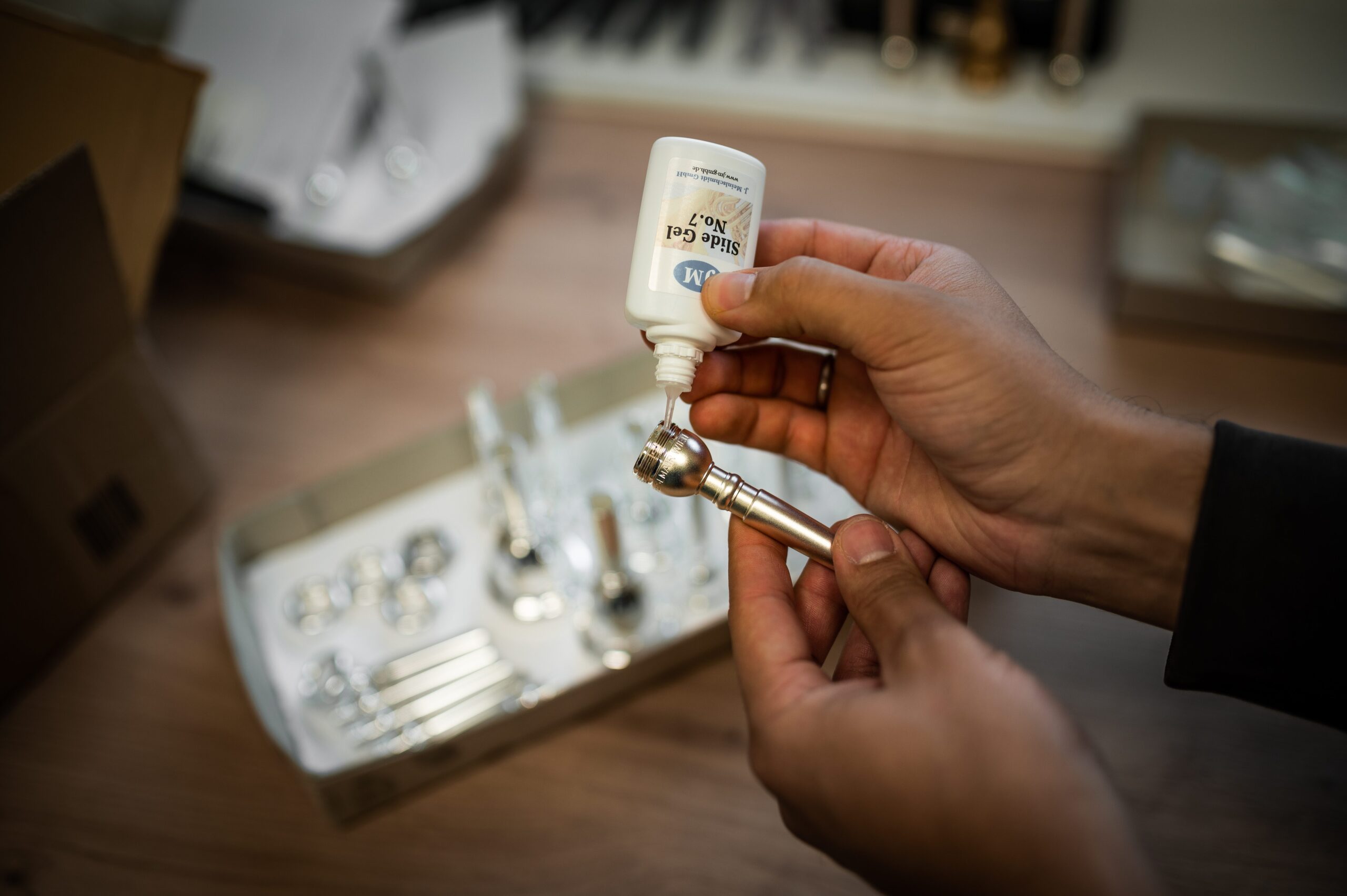
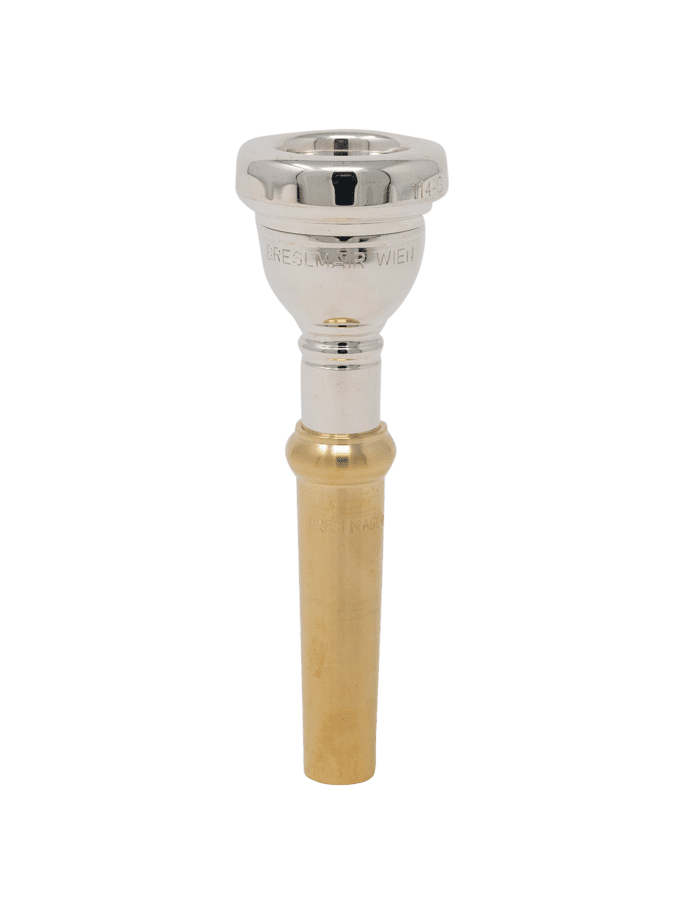
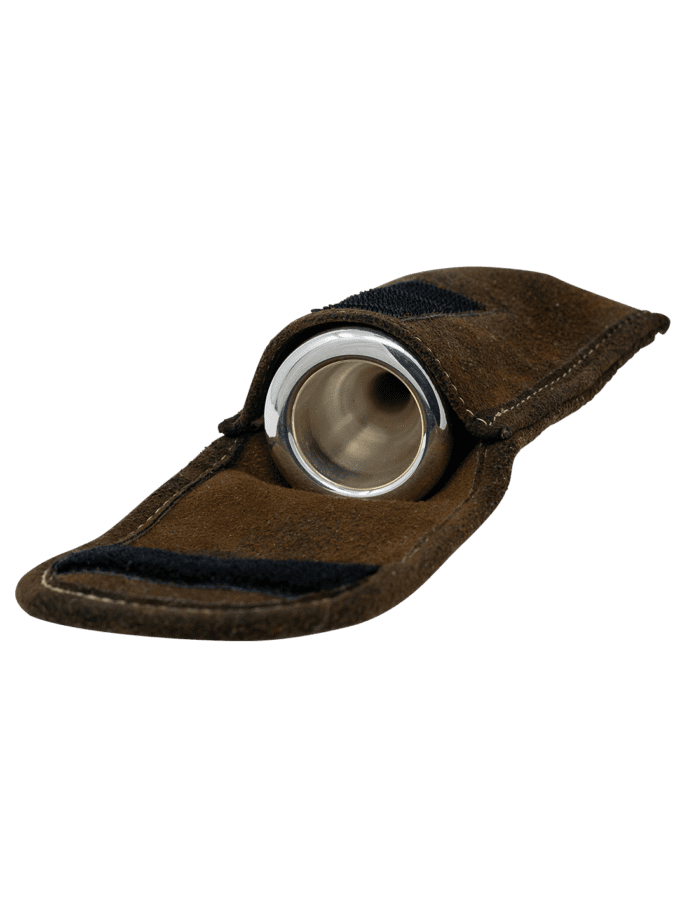
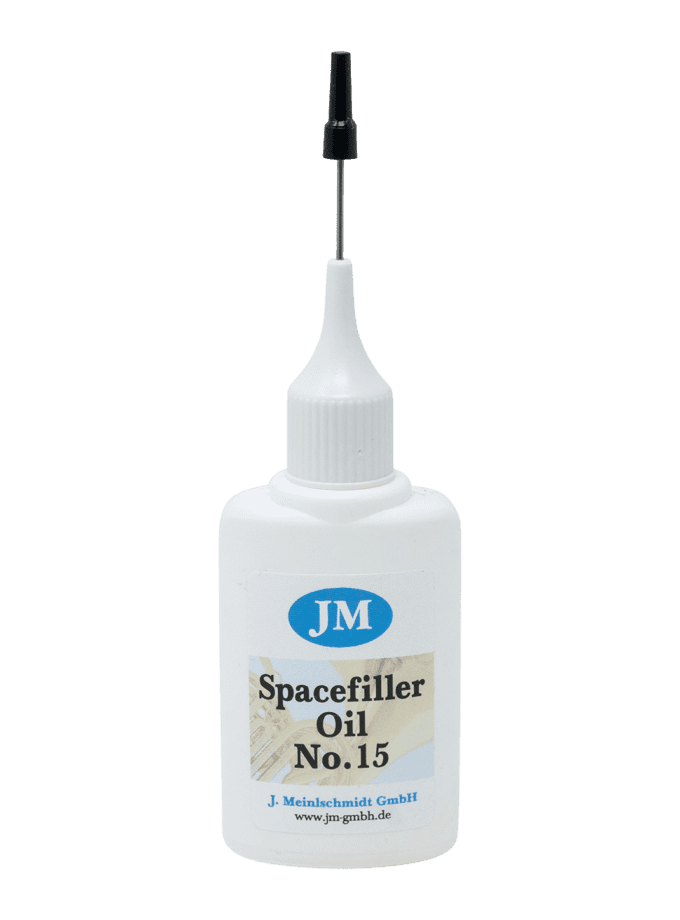
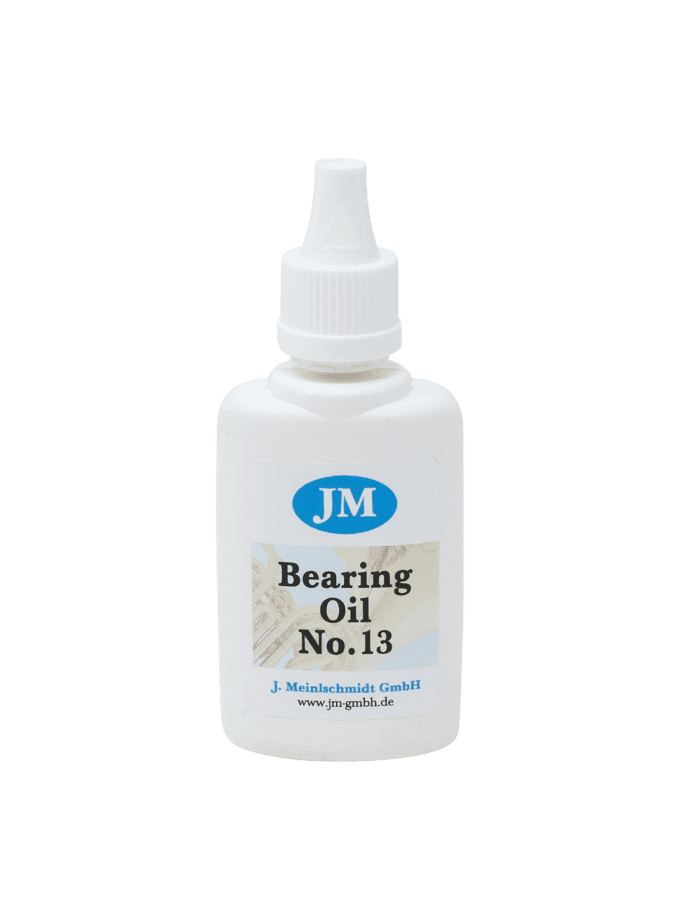
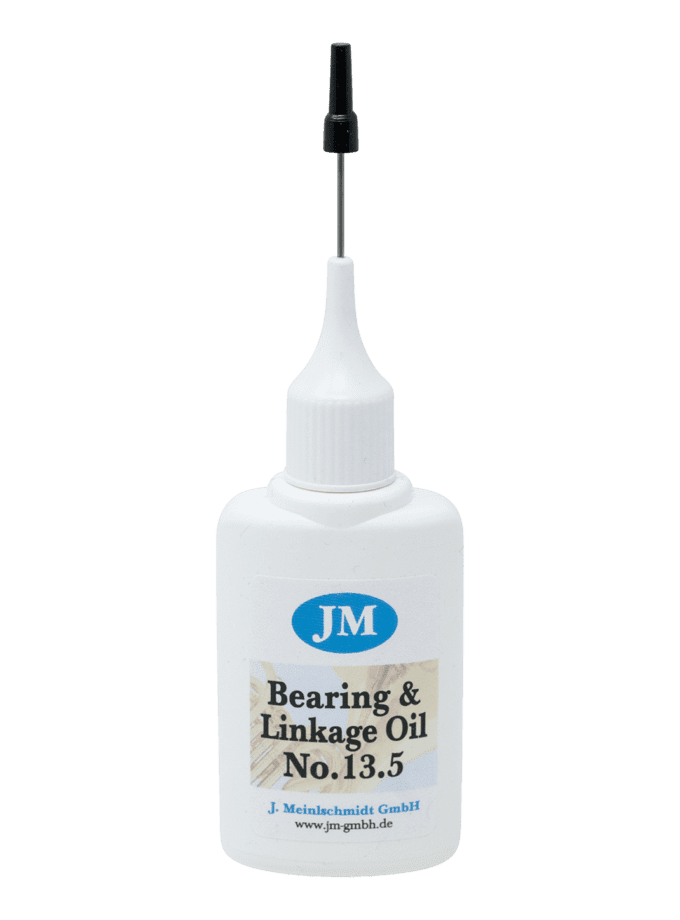
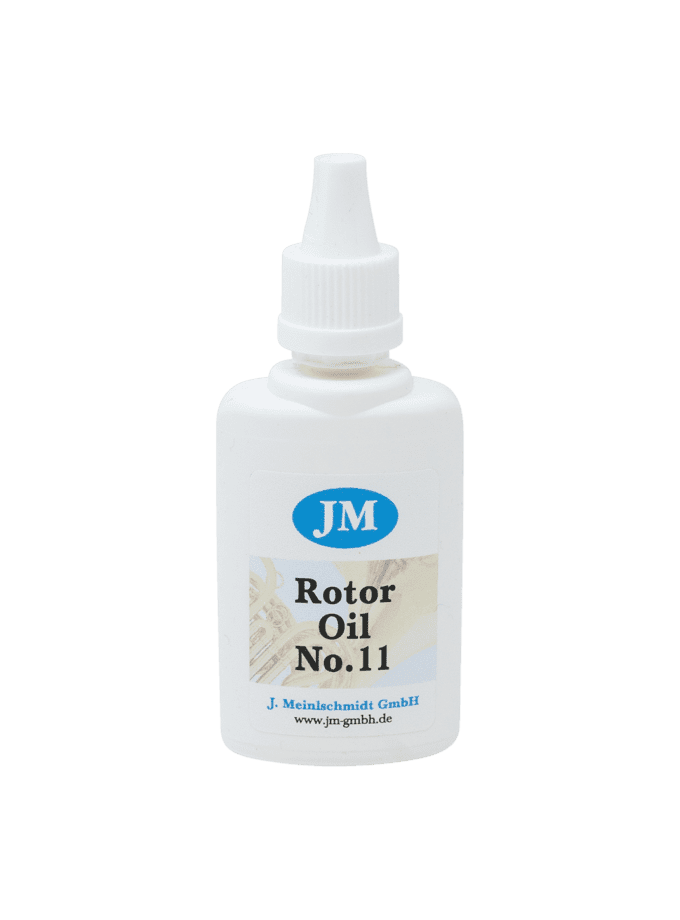
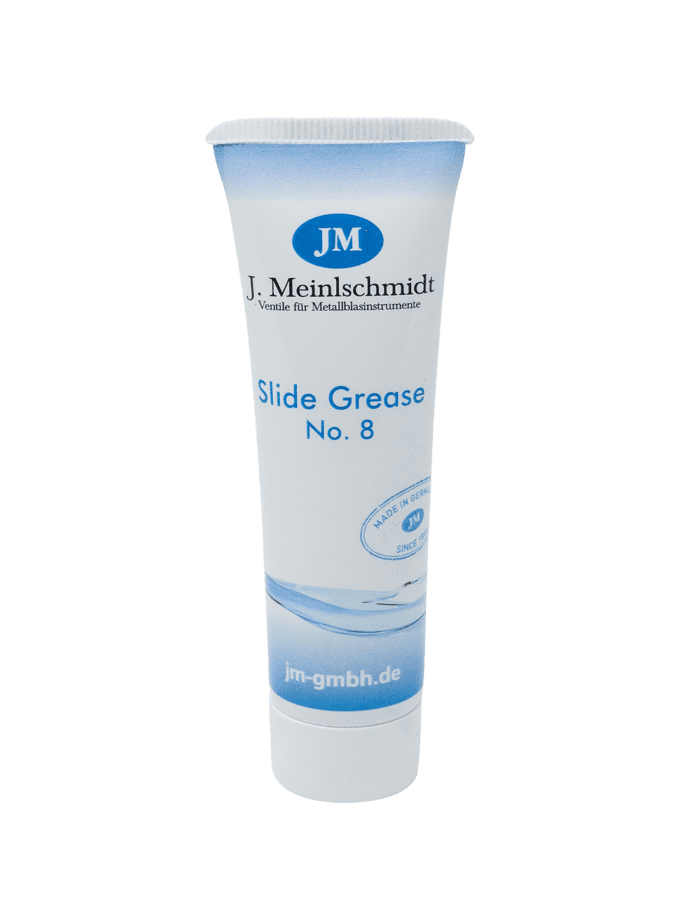
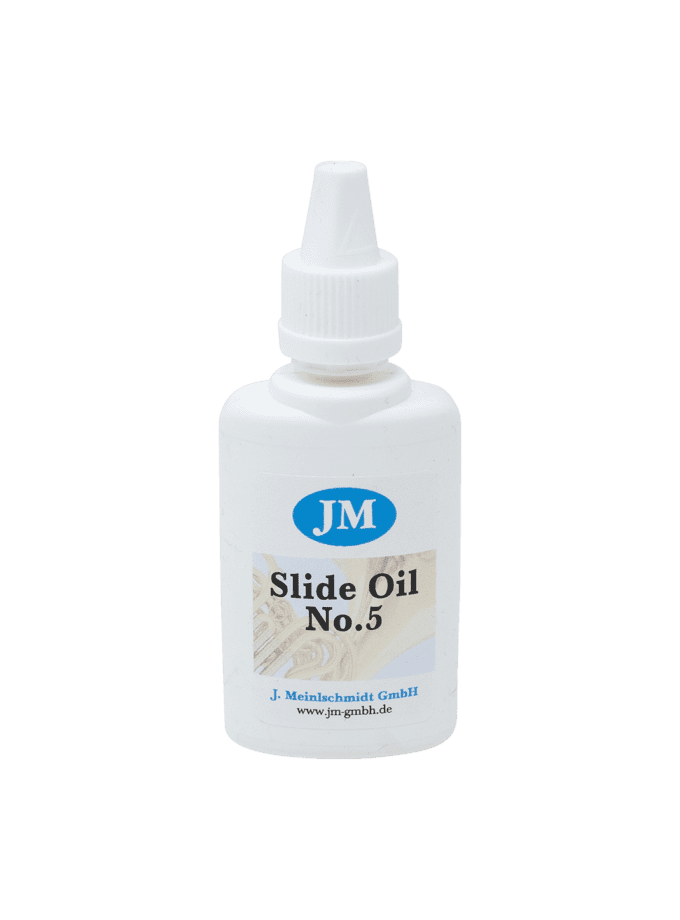
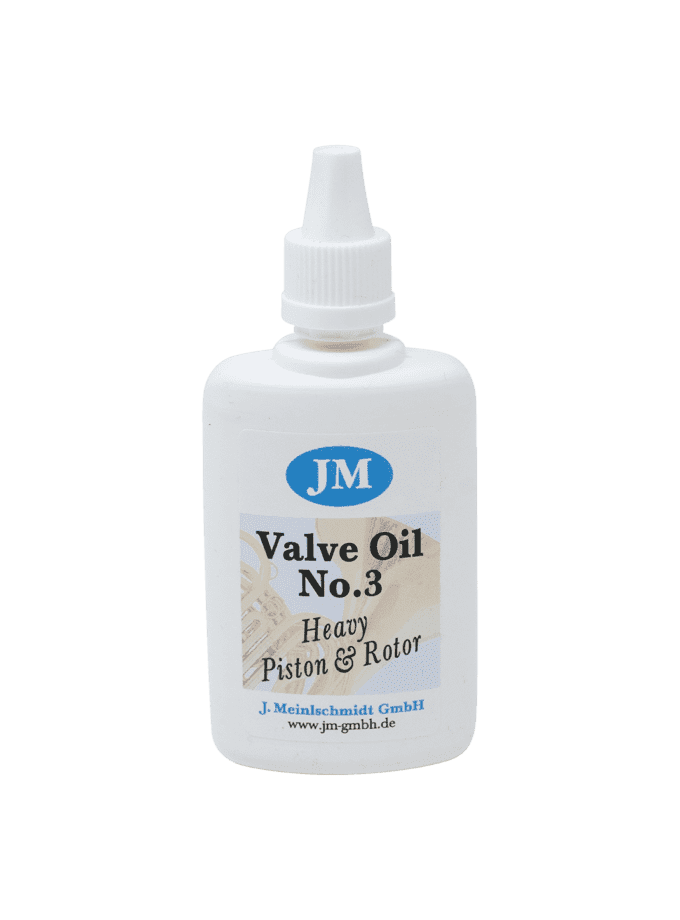

 No products in the shopping cart.
No products in the shopping cart.